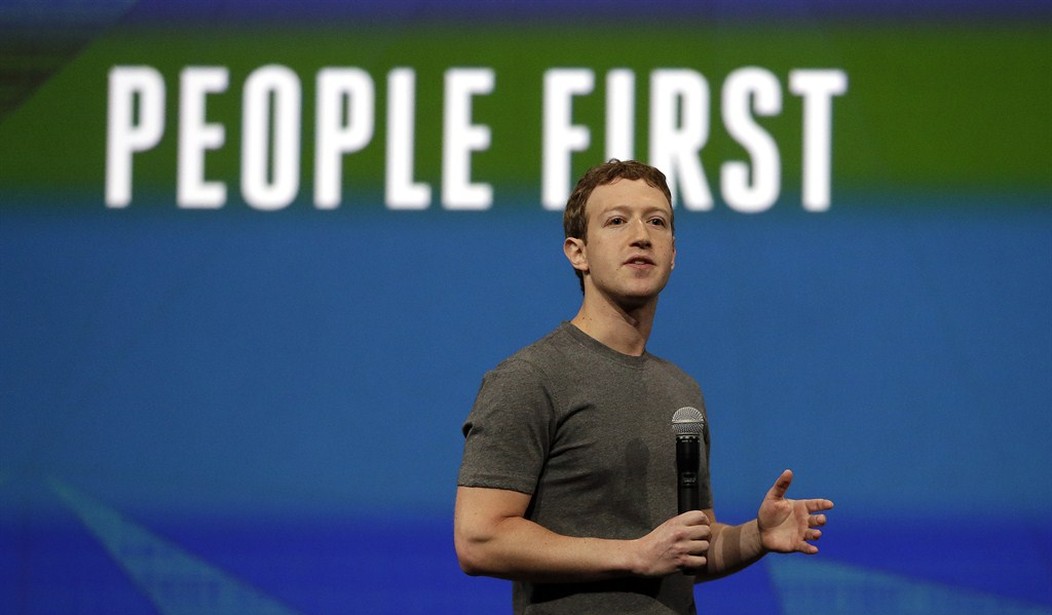A $120 million charitable donation by Facebook President and CEO Mark Zuckerberg and his wife, Pricilla Chan, M.D., to provide fresh funding to aid the San Francisco Bay area’s public schools is worth lauding but let’s hope that the generosity will produce the desired results of improving education.
The generous contribution comes with high risk-reward implications. A successful use of the funds may encourage huge charitable contributions for education from other extremely wealthy people who otherwise could support medical advances, jump-start local economies in downtrodden cities or create job opportunities with new investment, while a squandering of the money could discourage such benevolence.
Debate exists about whether contributions to a particular cause are a better use of money than re-deploying it the private sector to create good-paying jobs at businesses that provide products or services people really need and want to buy. I followed the commercial satellite industry for many years as a reporter when billions of dollars were going into the development of mobile voice services that were expected to charge up to $7 a minute to provide service virtually anywhere on the globe.
Ultimately, the market place showed that relatively few people were unwilling to spend such significant sums on placing a phone call and the businesses went bankrupt. The same principle of seeking a return on investment that determines whether start-up businesses gain additional funding or find their sources of capital dry up amid dimming prospects comes into play with large donations.
Fortunately for San Francisco-area public school children, Zuckerberg and his wife are willing to provide their big donation after already pumping $100 million into the public schools in Newark, N.J., with questionable results.
Recommended
NBC News, which the conservative Media Research Center routinely cites as a bastion of liberal-leaning journalism, acknowledged in a May 30 “Today Show” news report that the $100 million in Zuckerberg funding is largely is gone, with little to show for it. MSN reported on May 13 on the situation and gave the article a headline, “Was Zuckerberg’s $100M school gift a waste?”
However, the most scathing and detailed reporting of the $100 million arguably misspent came from New Yorker magazine article, “Schooled.”
The New Yorker article quoted New Jersey’s Republican Gov. Chris Christie saying about urban education before the donation, “We’re paying caviar prices for failure.” Newark’s Democratic Mayor Cory Booker, who previously has touted the benefits of vouchers and charter schools, personally sought out Zuckerman, then 26, and successfully pitched the idea of the donation.
Newark hired 50 new principals, opened four new public high schools and introduced merit-pay incentives for teachers. At Zuckerberg’s insistence, Booker also rounded up $100 million in matching donations.
The key problem became how the money was spent. Without tight controls, large sums went to consulting firms.
“The going rate for individual consultants in Newark was a thousand dollars a day,” the New Yorker reported.
The magazine quoted the president of the Urban League of Essex County saying, “Everybody’s getting paid, but Raheem still can’t read.”
Despite questionable results from the $100 million donation in Newark, Zuckerberg and his wife are lavishing their generosity on the public schools in the San Francisco area. The mission is especially significant to Chan, who herself attended public schools.
The $120 million gift is just a fraction of the $1.1 billion in Facebook stock that Zuckerberg and his wife pledged to donate last year to the nonprofit Silicon Valley Community Foundation. Chan explained to reporters that the educational donation to San Francisco-area public schools is aimed at exploring and promoting new models to enhance learning.
Zuckerman and his wife certainly are not the first philanthropists who have chosen to support public education reform and I predict with confidence that they will not be the last. It has become almost fashionable among the well-healed to put money into education and the allure of leaving a legacy of progress in our public schools is enticing.
Indeed, the foundations of Microsoft’s Bill Gates, the family of Walmart founder Sam Walton and California real-estate and insurance mogul Eli Broad took key roles in championing charitable funding aimed at creating an educational renaissance. However, Gates and his wife also have other charitable interests that they are helping through Gates Foundation efforts to aid the world’s poorest people in lifting themselves out of hunger and poverty; to harness advances in science and technology to save lives in developing countries; and to build strategic relationships to promote policies to address important global challenges.
The Gates Foundation states on its website that its mission is to achieve results that depend on the quality of its partnerships. Ultimately, successful people who donate the money will want a return on their investment and if public school education officials want the resources to continue flowing, they need to deliver on their promises of reform and progress or risk having the funds go to other charities that can demonstrate the results benefactors seek.
Paul Dykewicz is the editorial director of Eagle Financial Publications and a columnist for Townhall and Townhall Finance.

























Join the conversation as a VIP Member